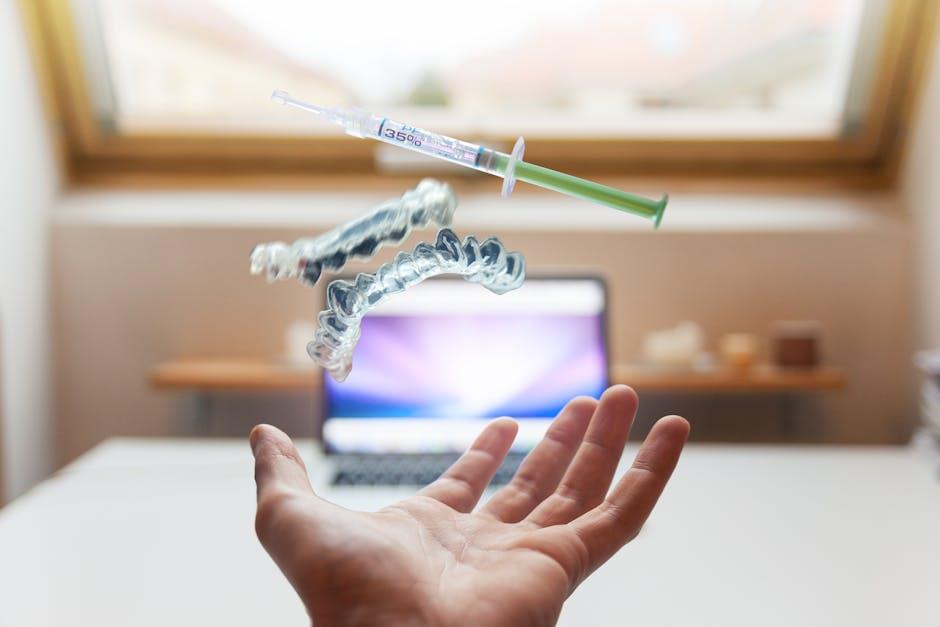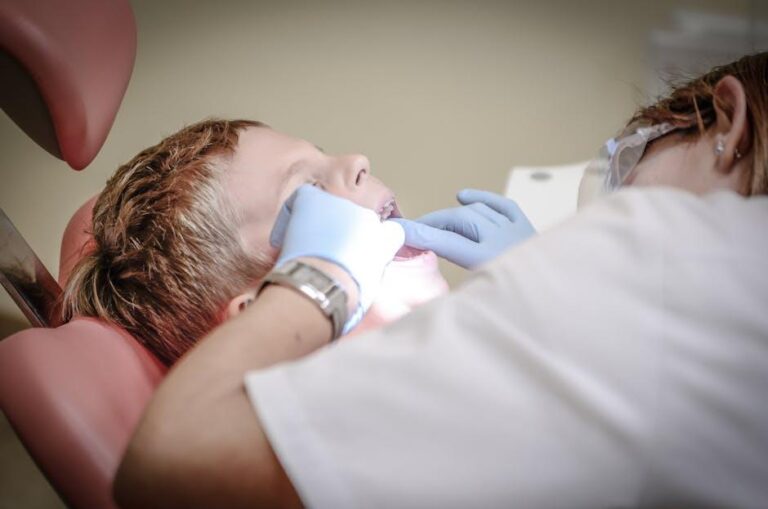
Providers Work to Increase Dental Care for Patients with Developmental Disabilities – Spectrum News
Access to quality dental care remains a significant challenge for many individuals with developmental disabilities. Dental providers, advocacy groups, and healthcare systems are working diligently to close this gap and ensure that patients with developmental disabilities receive comprehensive, compassionate, and accessible oral health services. This article explores the ongoing efforts, challenges, benefits, and practical recommendations to enhance dental care for this underserved population.
Understanding the Need for Specialized Dental Care
Developmental disabilities encompass a range of conditions that affect physical, learning, language, or behavior areas. Examples include autism spectrum disorder (ASD), cerebral palsy, Down syndrome, and intellectual disabilities. Due to their unique needs, these patients often face barriers in receiving routine dental care such as:
- Difficulties with communication or sensory sensitivities
- Lack of provider knowledge or training in special needs dentistry
- Physical limitations and challenges at dental clinics
- Financial constraints and inadequate insurance coverage
- Transportation and scheduling difficulties
Addressing these challenges is crucial to prevent oral health problems that can lead to pain, infection, and decreased quality of life.
Innovative Strategies Providers Use to Increase Dental Care Access
Dental care providers and organizations are adopting multiple strategies to improve access and quality of care for patients with developmental disabilities. The following initiatives are making a positive impact:
1. Specialized Training and Education for Dental Professionals
Many dental schools and professional organizations now include curricula focused on treating patients with developmental disabilities. These programs emphasize:
- Behavior management techniques tailored to special needs
- Communication adaptations for nonverbal or sensory-sensitive patients
- Understanding specific medical and dental conditions related to disabilities
2. Integrating Multidisciplinary Care
Collaborations among dentists, physicians, occupational therapists, and caregivers help create individualized treatment plans that accommodate patients’ overall health and behavioral needs.
3. Accessible Clinic Design and Equipment
Dental offices are becoming more disability-friendly by installing wheelchair-accessible entrances, adjustable dental chairs, sensory-friendly waiting areas, and offering home visits or mobile dental units.
4. Insurance and Financial Support Programs
Efforts to expand Medicaid coverage, offer sliding scale fees, and connect families with grants or assistance programs aim to reduce financial barriers.
5. Community Outreach and Advocacy
Awareness campaigns, caregiver education, and partnerships with local disability organizations help spread information on where and how to obtain appropriate dental care.
Benefits of Improved Dental Care for Patients with Developmental Disabilities
Providing better dental care access yields numerous benefits, improving not just oral health but overall well-being:
- Reduced risk of oral disease: Early diagnosis and treatment prevent cavities, gum disease, and infections.
- Improved nutrition: Healthier teeth aid in proper chewing and digestion.
- Enhanced communication: Oral comfort supports clearer speech and expression.
- Higher quality of life: Pain relief and confident smiles contribute to social engagement and mental health.
- Empowerment for caregivers: Better training and resources help caregivers manage oral hygiene effectively.
Practical Tips for Caregivers and Providers
Whether you are a caregiver or dental professional, these actionable tips can facilitate smoother dental visits and improved oral hygiene for patients with developmental disabilities:
- Establish routine dental visits: Frequent and predictable appointments reduce anxiety and build familiarity.
- Communicate clearly: Use simple language, visual aids, or augmentative communication devices as needed.
- Create a calming environment: Minimize sensory stimuli and allow breaks during treatment.
- Use behavioral supports: Employ positive reinforcement, desensitization, or sedation when appropriate.
- Educate on daily oral care: Demonstrate brushing and flossing techniques tailored to individual ability.
Case Study: A Success Story from Spectrum News
Meet Jessica, a 12-year-old with autism who faced severe dental anxiety. Her parents struggled to find a dentist equipped to handle her needs until they connected with a local program specializing in special needs dentistry.
“The team took time to understand Jessica’s triggers and used visual schedules and gentle communication. They also provided training to us on how to maintain her dental routine at home.” – Jessica’s mother
Thanks to these measures, Jessica now visits the dentist regularly, experiences less distress, and has significantly improved oral health. Stories like Jessica’s illustrate the tangible outcomes when dental care is tailored to developmental disability needs.
Summary Table: Key Challenges vs. Solutions
| Challenge | Provider Solution | Benefit to Patient |
|---|---|---|
| Communication barriers | Use of visual aids and trained staff | Comfort and understanding during visits |
| Physical accessibility | Accessible facility design | Ease of clinic access and reduced anxiety |
| Limited provider experience | Specialized training programs | More effective, sensitive treatment |
| Financial constraints | Sliding scale and Medicaid expansion | Affordable dental care options |
| Anxiety and sensory issues | Behavioral supports and sedation | Successful treatment with minimal distress |
Conclusion
Improving dental care for patients with developmental disabilities requires a concerted effort from healthcare providers, caregivers, policymakers, and communities. Through specialized training, accessible facilities, supportive communication, and financial assistance, we can break down barriers and provide equitable oral health care. The positive outcomes not only enhance dental health but significantly uplift the overall quality of life for individuals with developmental disabilities. Spectrum News continues to spotlight these vital initiatives to raise awareness and inspire action.
If you or a loved one is seeking dental care tailored to special needs, reach out to local dental providers or organizations that specialize in developmental disability services. Together, we can ensure that everyone smiles with confidence and health.


